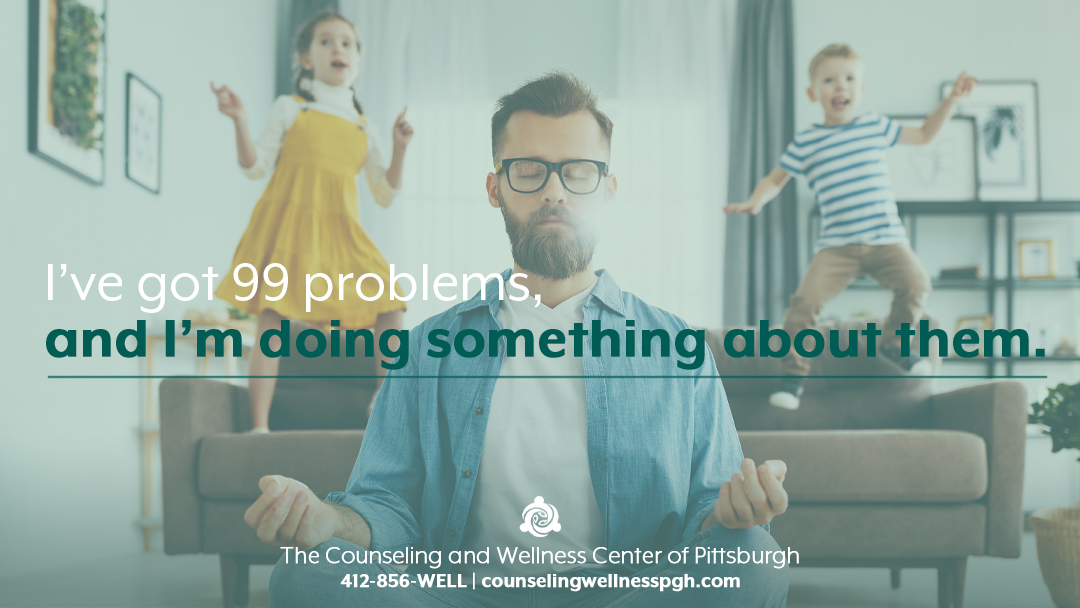

4 Steps to Enhancing Immune Health During Pandemic
At this point, we are all aware that mask wearing, hand washing and social distancing help to protect us against contracting and spreading the Covid 19 virus.1 Taking this a step further, let’s ask ourselves: “What else can I do to prevent a viral infection? Does my diet and lifestyle really matter? The answer is YES!!! The foundations of a healthy immune system start with a healthy diet and...Learn More
Habits that Make Us Happy: Understanding Hope
by Counseling and Wellness Center of PittsburghJuly 13, 2020 exercise for gratitude, hope, Understanding Hope0 comments
When looking for the definition of hope, it’s difficult to find merely one answer. Throughout the history of psychology, there have been numerous attempts to define hope. Hope is a human universal, and being universal, it falls into an interesting paradox; while all people experience hope, each individual’s experience is personal, intimate, and unique. Because there are so many ways to...Learn More
Sleep hygiene: 8 Steps to Better Rest by Pittsburgh Pennsylvania Mental Health Experts
by Counseling and Wellness Center of PittsburghJune 15, 2020 hypersomnia, insomnia, sleep disorder, sleep hygiene0 comments
Sleep hygiene is a science formulated to help people overcome disrupted rest by removing any barriers that a person might be unknowingly creating that prevent against deep and complete rest. According to the American Sleep foundation, 47% of Americans report poor quality sleep has affected their daily performance in the last month. As mental health counselors know, there is a significant...Learn More